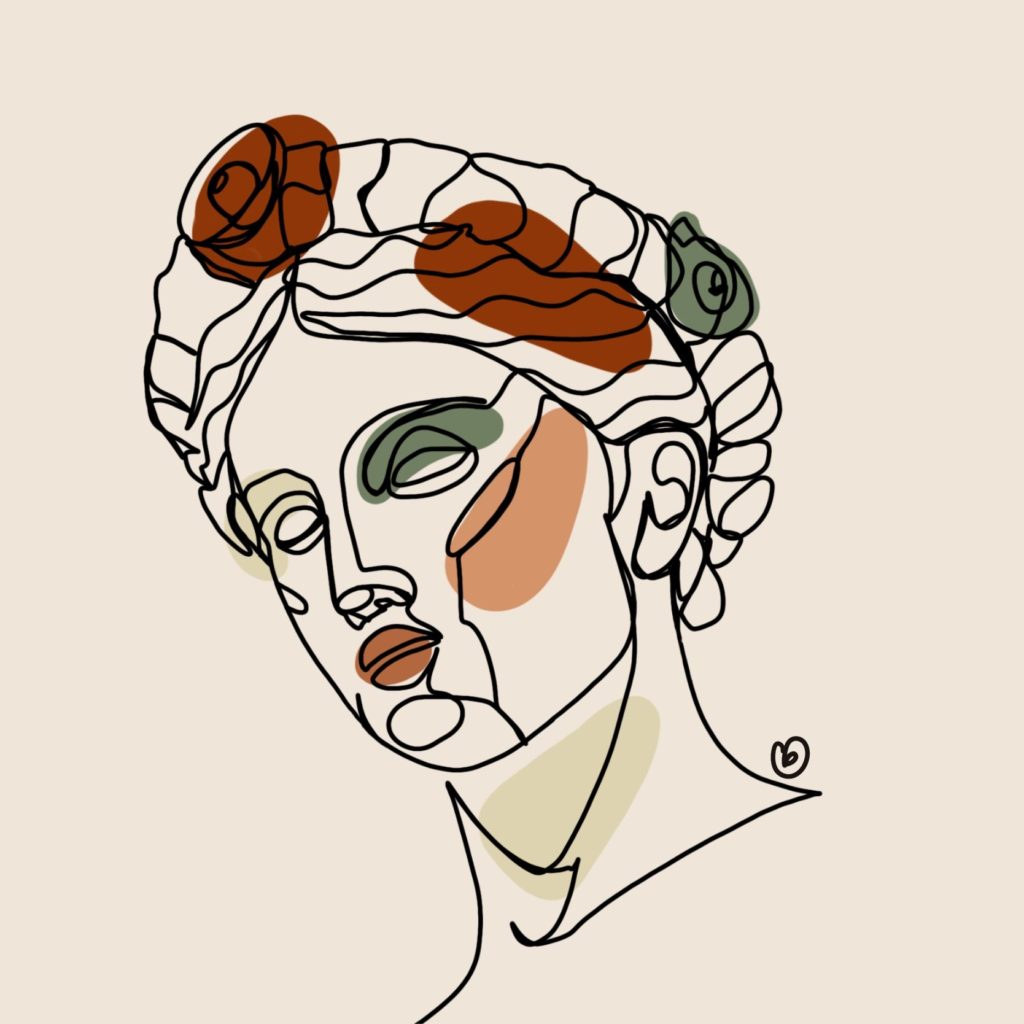This post is also available in: Français (French) العربية (Arabic)
The women depicted in the great Latin and Greek classics are secondary characters who evolve silently in the background of the heroic deeds of valiant warriors and powerful and capricious gods. Both marginal and submissive, their beauty can nonetheless trigger bloody wars and they are constantly victims of kidnappings and male violence.
Some contemporary authors now rewrite these stories from the point of view of Dido, Circe, Penelope, Calypso, Medea, Cassandra, finally promoted to the rank of protagonists. Irreverent, ironic and profoundly daring, their novels reverse the patriarchal perspective, providing us with a “new antiquity”.
The Clever Lady of Ithaca
In 2005, Canadian Margaret Atwood published The Penelopiad, described by the New York Times as “wholly unconvincing” and “determinedly irreverent”.
Faithful and hopeful, the beautiful queen waits for twenty years for the return of her husband Odysseus, who is under siege by the Pretenders who aspire to his throne.
She cries and prays, educates her rebellious son who has grown up without a father, administers the kingdom and weaves the famous “tapestry” for her father-in-law Laertes, deceiving her suitors with the help of her servants.
With a dry ton and an ironic account, Atwood evokes the attractive and determined personality of Penelope, recounting her childhood in the sumptuous Spartan palace and the moment when, at barely 15 years old, she meets her future husband.
Already recounted by Homer, their first meeting is based on local oral traditions and is enriched by the emotions of the young woman who immediately falls in love with this fascinating but imperfect man, known throughout Greece for his cunning inventiveness.
Once in Hell, Penelope no longer fears the judgment of the gods and finally reveals the truth. Her recollections alternate with the songs of the twelve servants in an entirely feminine narrative that mixes prose and poetry in homage to the tragic tradition.
The novel invites us to reflect on the subordinate role of women in Mycenaean times and highlights the profound humanity of a complex, tormented and often self-doubting figure, decidedly different from the stereotype of the devoted and understanding wife sung by Homer.
